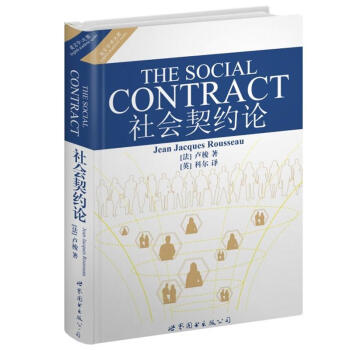

具体描述
编辑推荐
在中国现代化的进程中,西方哲学社会科学始终是最重要的思想资源。然而,一个令人遗憾的事实是,自19 世纪末20 世纪初“西学东渐”起,国人对于西学的了解,基本上是凭借零星的翻译和介绍,认真地去读原著的人少之又少。这些中译本,囿于译者的眼光和水平,往往与原著出入颇大。因此,国人谈论西学的情景,很像是瞎子摸象,虽然各执一词,却皆不得要领。
当然,100年间,还是出现了一批学贯中西的学者,但其中肯花工夫于译业的太少。许多年积累下来,我们在这个领域拥有的优质中译本依然十分有限。而且,再好的译本,毕竟与原著隔了一层。倘若我们的学术界始终主要依靠中译本去了解和研究西学,我们的西学水平就永远不能摆脱可怜的境况。
好在现在有了改变这种境况的条件。在当今全球化时代,随着国门进一步开放,中外交流日渐增多,人们普遍重视英语学习,国人中尤其年轻人中具备阅读英文原著能力的人越来越多了。在这种形势下,本丛书应运而生。编辑者的计划是,选择西方哲学、人文学科、社会科学领域的最基本的英文经典原著,分批陆续出版,为有志者提供价廉的版本和阅读的便利。我赞赏这样的善举,并且相信,这也是为学术界做的一件益事。
周国平
2010年2月24日
内容简介
《世界名著典藏系列:社会契约论(英文全本)》是全英文版。如果要评定影响人类历史的一百部经典,卢梭的《世界名著典藏系列:社会契约论(英文全本)》必定榜上有名;如果只评定十部这样的经典,《世界名著典藏系列:社会契约论(英文全本)》同样不会名落孙山。处在革命时代的各国资产阶级把它当作福音书,天赋人权的思想至今仍然深刻地影响着这个世界。
目录
1 BOOK Ⅰ1.1 THE SUBJECT OF THE FIRST BOOK
1.2 THE FIRST SOCIETIES
1.3 THE RIGHT OF THE STRONGEST
1.4 SLAVERY
1.5 THAT WE MUST ALWAYS GO BACK TO A FIRST CONVENTION
1.6 THE SOCIAL COMPACT
1.7 THE SOVEREIGN
1.8 THE CIVIL STATE
1.9 REAL PROPERTY
BOOK Ⅱ
2.1 THAT SOVEREIGNTY IS INALIENABLE
2.2 THAT SOVEREIGNTY IS INDIVISIBLE
2.3 WHETHER THE GENERAL WILL IS FALLIBLE
2.4 THE LIMITS OF THE SOVEREIGN POWER
2.5 THE RIGHT OF LIFE AND DEATH
2.6 LAW
2.7 THE LEGISLATOR
2.8 THE PEOPLE
2.9 THE PEOPLE (continued)
2.10 THE PEOPLE (continued)
2.11 THE VARIOUS SYSTEMS OF LEGISLATION
2.12 THE DIVISION OF THE LAWS
BOOK Ⅲ
3.1 GOVERNMENT IN GENERAL
3.2 THE CONSTITUENT PRINCIPLE IN THE VARIOUS FORMS OF GOVERNMENT
3.3 THE DIVISION OF GOVERNMENTS
3.4 DEMOCRACY
3.5 ARISTOCRACY
3.6 MONARCHY
3.7 MIXED GOVERNMENTS
3.8 THAT ALL FORMS OF GOVERNMENT DO NOT SUIT ALL COUNTRIES
3.9 THE MARKS OF A GOOD GOVERNMENT
3.10 THE ABUSE OF GOVERNMENT AND ITS TENDENCY TO DEGENERATE
3.11 THE DEATH OF THE BODY POLITIC
3.12 HOW THE SOVEREIGN AUTHORITY MAINTAINS ITSELF
3.13 HOW THE SOVEREIGN AUTHORITY MAINTAINS ITSELF (continued)
3.14 HOW THE SOVEREIGN AUTHORITY MAINTAINS ITSELF (continued)
3.15 DEPUTIES OR REPRESENTATIVES
3.16 THAT THE INSTITUTION OF GOVERNMENT IS NOT A CONTRACT
3.17 THE INSTITUTION OF GOVERNMENT
3.18 HOW TO CHECK THE USURPATIONS OF GOVERNMENT
BOOK Ⅳ
4.1 THAT THE GENERAL WILL IS INDESTRUCTIBLE
4.2 VOTING
4.3 ELECTIONS
4.4 THE ROMAN COMITIA
4.5 THE TRIBUNATE
4.6 THE DICTATORSHIP
4.7 THE CENSORSHIP
4.8 CIVIL RELIGION
4.9 CONCLUSION
精彩书摘
But, as men cannot engender new forces, but only unite and direct existing ones, they have no other means of preserving themselves than the formation, by aggregation, of a sum of forces great enough to overcome the resistance. These they have to bring into play by means of a single motive power, and cause to act in concert.
This sum of forces can arise only where several persons come together: but, as the force and liberty of each man are the chief instruments of his self-preservation, how can he pledge them without harming his own interests, and neglecting the care he owes to himself? This difficulty, in its bearing on my present subject, may be stated in the following terms:
"The problem is to find a form of association which will defend and protect with the whole common force the person and goods of each associate, and inwhich each, while uniting himself with all, may still obey himself alone, and remain as free as before." This is the fundamental problem of which the Social Contract provides the solution.
The clauses of this contract are so determined by the nature of the act that the slightest modification would make them vain and ineffective; so that, although they have perhaps never been formally set forth, they are everywhere the same and everywhere tacitly admitted and recognised, until, on the violation of the social compact, each regains his original rights and resumes his natural liberty, while losing the conventional liberty in favour of which he renounced it.
These clauses, properly understood, may be reduced to one - the total alienation of each associate, together with all his rights, to the whole community; for, in the first place, as each gives himself absolutely, the conditions are the same for all; and, this being so, no one has any interest in making them burdensome to others.
Moreover, the alienation being without reserve, the union is as perfect as it can be, and no associate has anything more to demand: for, if the individuals retained certain rights, as there would be no common superior to decide between them and the public, each, being on one point his own judge, would ask to be so on all; the state of nature would thus continue, and the association would necessarily become inoperative or tyrannical.
Finally, each man, in giving himself to all, gives himself to nobody; and as there is no associate over whom he does not acquire the same right as he yields others over himself, he gains an equivalent for everything he loses, and an increase of force for the preservation of what he has.
If then we discard from the social compact what is not of its essence, we shall find that it reduces itself to the following terms:
"Each of us puts his person, and all his power in common under the supreme direction of the general will, and, in our corporate capacity, we receive each member as an indivisible part of the whole."
At once, in place of the individual personality of each contracting party, this act of association creates a moral and collective body, composed of as many members as the assembly contains votes, and receiving from this act its unity, its common identity, its life and its will. This public person, so formed by the union of all other persons formerly took the name of city, and now takes that of Republic or body politic; it is called by its members State when passive. Sovereign when active, and Power when compared with others like itself. Those who are associated in it take collectively the name of people, and severally are called citizens, as sharing in the sovereign power, and subjects, as being under the laws of the State. But these terms are often confused and taken one for another: it is enough to know how to distinguish them when they are being used with precision.
1.7 THE SOVEREIGN
THIS formula shows us that the act of association comprises a mutual under-taking between the public and the individuals, and that each individual, in making a contract, as we may say, with himself, is bound in a double capacity; as a member of the Sovereign he is bound to the individuals, and as a member of the State to the Sovereign. But the maxim of civil right, that no one is bound by undertakings made to himself, does not apply in this case; for there is a great difference between incurring an obligation to yourself and incurring gone to a whole of which you form a part.
Attention must further be called to the fact that public deliberation, while competent to bind all the subjects to the Sovereign, because of the two different capacities in which each of them may be regarded, cannot, for the opposite reason, bind the Sovereign to itself; and that it is consequently against the nature of the body politic for the Sovereign to impose on itself a law which it cannot infringe. Being able to regard itself in only one capacity, it is in the position of an individual who makes a contract with himself; and this makes it clear that there neither is nor can be any kind of fundamental law binding on the body of the people - not even the social contract itself. This does not mean that the body politic cannot enter into undertakings with others, provided the contract is not infringed by them; for in relation to what is external to it, it becomes a simple being, an individual.
But the body politic or the Sovereign, drawing its being wholly from the sanctity of the contract, can never bind itself, even to an outsider, to do anything derogatory to the original act, for instance, to alienate any part of itself, or to submit to another Sovereign. Violation of the act by which it exists would be self-annihilation; and that which is itself nothing can create nothing.
As soon as this multitude is so united in one body, it is impossible to offend against one of the members without attacking the body, and still more to offend against the body without the members resenting it. Duty and interest therefore equally oblige the two contracting parties to give each other help; and the same men should seek to combine, in their double capacity, all the advantages dependent upon that capacity.
……
前言/序言
用户评价
刚拿到这本《社会契约论》,我以为会是某种枯燥的理论堆砌,但出乎意料的是,它提供了一种截然不同的看待社会和国家的方式。卢梭以一种极其理性且深刻的笔触,探讨了人类为何从自然状态进入社会状态,以及这种转变的合法性何在。他认为,真正的社会契约并非是强者对弱者的压迫,而是所有个体出于对自由和安全的共同需求而自愿达成的协议。书中关于“公意”的论述,是我认为最核心也最有启发的部分。它并非是简单的加总,而是指向一种超越个体私利、追求共同福祉的理性选择。这种对集体理性的推崇,让我开始思考,在一个信息爆炸、观点多元的时代,我们该如何寻找并形成真正意义上的“公意”。卢梭还强调,个体的自由并非是绝对的,而是在遵守社会契约的前提下,在法律框架内的自由。这是一种更加成熟和负责任的自由观,让我对“自由”的理解,从“为所欲为”上升到了“自我立法”的境界。这本书就像一把钥匙,打开了通往更深刻政治哲学理解的大门。
评分坦白说,《社会契约论》这本书,对我而言,是一次极具挑战性的阅读体验,但也因此收获匪浅。卢梭笔下对“自然状态”的描绘,虽然并非写实,但其指向的“契约”并非出于恐惧或妥协,而是基于对“公意”的追求,这让我耳目一新。他对于“社会契约”的精妙解读,将个体对自由的追求与集体对秩序的需求巧妙地连接起来。书中反复强调的“普遍意志”概念,其核心在于指向公共利益,而非简单的多数人意见,这一点尤其让我深思。这让我开始反思,在现实社会中,我们所谓的“民意”是否真正代表了“普遍意志”,还是仅仅是碎片化、甚至是被操纵的个体愿望。他对于“主权在民”的坚定论述,更是为后世的民主革命提供了强大的理论支撑。虽然书中某些观点在实践层面存在争议,但其对公平、正义和公民权利的深刻探讨,无疑具有超越时代的价值。这本书不仅是政治学的经典,更是塑造公民意识的一面镜子。
评分《社会契约论》这本书,对我而言,与其说是一本教科书,不如说是一场思想的启蒙。它以一种近乎挑衅的姿态,直接切入了人类社会最根本的议题——我们为何要遵守规则?我们又为何要屈从于权力?卢梭并非简单地罗列历史上的政治制度,而是像一位严谨的哲学家,抽丝剥茧地探究“合法性”的源泉。书中反复强调的“公意”概念,初读时可能有些晦涩,但随着阅读的深入,你会逐渐体会到其中蕴含的巨大力量。它并非是简单多数人的意愿,而是指向公共利益的、理性选择的集合。这种对集体智慧和共同福祉的追求,与当下个体主义盛行的社会形成了鲜明的对比,也引发了我对个人权利与集体责任之间微妙平衡的深刻反思。这本书的价值在于,它迫使你跳出日常生活的惯性思维,去审视权力运作的逻辑,去思考民主的真正含义,甚至去质疑那些我们习以为常的社会结构。它不是一本读完就能轻松合上的书,它会在你的脑海中持续回响,不断激起新的思考和讨论。
评分翻开这本《社会契约论》,我仿佛置身于一个古老的广场,听着一位智者慷慨激昂地陈述着关于自由与约束的永恒命题。卢梭的文字,与其说是平铺直叙的论述,不如说是层层递进的追问。他质疑一切既定的权威,无论是君权神授的荒谬,还是强权即公理的野蛮。他对“自然状态”的描绘,虽然带有理想化的色彩,却为我们理解社会契约的必要性奠定了基础。书中对“普遍意志”的阐述,更是点睛之笔。它不是简单的多数决,而是超越个人私利的、指向共同福祉的理性判断。这种对“公意”的追求,让我想到了许多集体决策的困境,以及如何在多元化的社会中寻求最大公约数。更让我印象深刻的是,他并非将个体视为被动的服从者,而是强调个体在契约中的主动性和参与性。他认为,真正的自由并非无拘无束,而是在遵守共同规则下的自我立法。这种辩证的思考方式,挑战了我过去对自由的狭隘理解,让我开始审视作为社会成员的责任与义务。
评分我原本以为《社会契约论》会是一本枯燥乏味的政治哲学著作,但事实证明,我的看法大错特错。这本书的魅力在于其思想的穿透力,它以一种宏大的视角,审视人类社会运作的底层逻辑。卢梭的论证过程严谨而富有逻辑,他从“人生而自由,却无往不在枷锁之中”这一石破天惊的论断出发,逐步构建了他的社会契约理论。我特别喜欢他对“主权”的定义,认为它属于人民,且不可转让。这对于理解现代民主政治的基石至关重要。书中对于“立法权”和“行政权”的分离,也让我对国家机器的运作有了更清晰的认识。虽然某些论述在今天的语境下可能显得有些理想化,甚至略显激进,但其核心思想——人民是国家一切权力的来源,以及社会契约的目的是保障公民的自由和权利——至今仍具有非凡的现实意义。阅读这本书,就像是在进行一场深度的心灵对话,它挑战你的固有认知,引导你思考更深层次的问题,也让你对“公民”这个身份有更深刻的理解。
评分书的印刷质量还是挺好的
评分作为意大利文艺复兴时期的故事会,历史价值远大于文学价值,其中你可以看到封建制度的瓦解,对基督教的嘲讽和怀疑,对人幸福的追求等等可以看到@改革、地理大发现和启蒙时代的端倪。
评分卢梭的智慧在于充分而自如的表达,看过一本卢梭的传记,意识到天才往往就是直觉性的表达,而且让普通人能深深折服。
评分适合作为科普读物留着慢慢看,价格划算
评分这个人的 书还是蛮好的,值得买,真的
评分好东西有必要一一评论么,这么多年过去了,经典就是经典,还非得凑20字,我也是醉了
评分还没看,虽说经典,但小时候接触不到,现在小孩幸福,开放了这些都能看到了。
评分不错不错不错不错不错不错不错不错不错
评分到货快,纸质好!
相关图书
本站所有内容均为互联网搜索引擎提供的公开搜索信息,本站不存储任何数据与内容,任何内容与数据均与本站无关,如有需要请联系相关搜索引擎包括但不限于百度,google,bing,sogou 等
© 2026 book.tinynews.org All Rights Reserved. 静思书屋 版权所有


![弱者的武器 [Weapons of The Weak] pdf epub mobi 电子书 下载](https://pic.tinynews.org/10629805/2925ebf7-6844-4682-9a88-94355f4457e3.jpg)
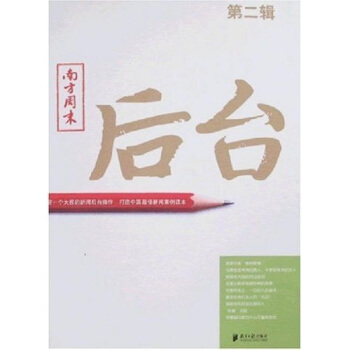
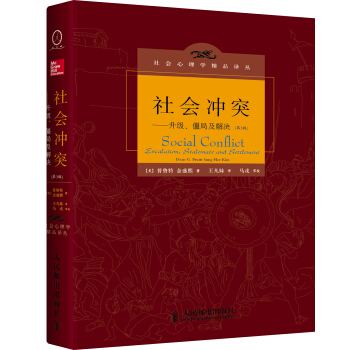
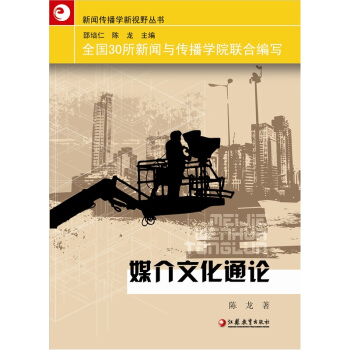
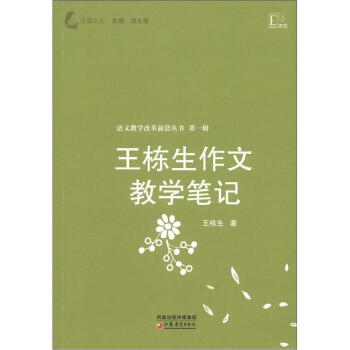
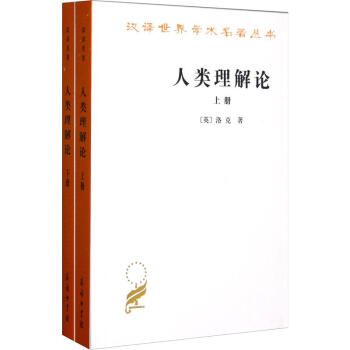
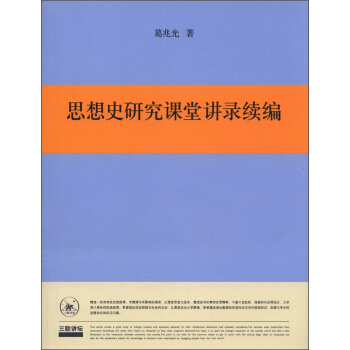
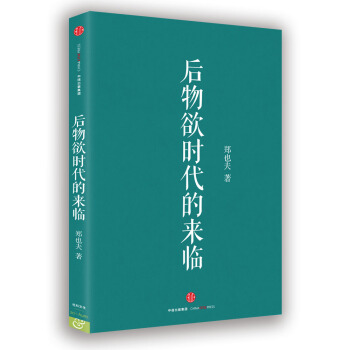

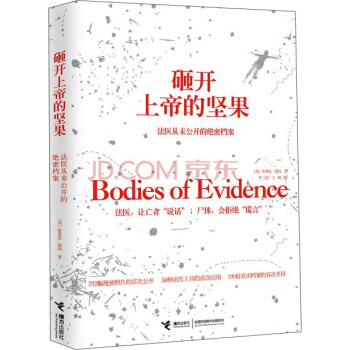
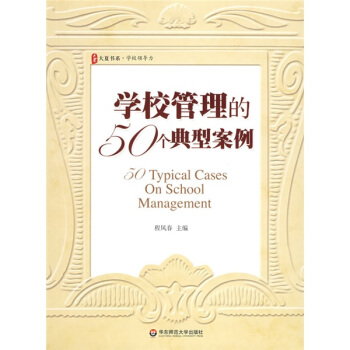



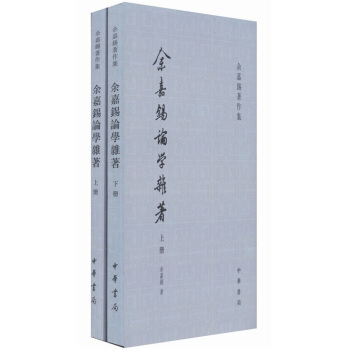
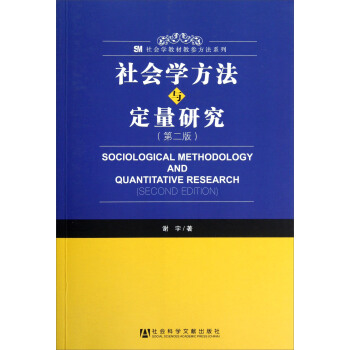
![如何撰写和发表SCI期刊论文(第二版) [How to Write and Publish of Scientific Paper in A SCI Journal(Second Edition)] pdf epub mobi 电子书 下载](https://pic.tinynews.org/11870262/573c284bN185c7a5e.jpg)
![深暗(译文纪实) [Deep Down Dark] pdf epub mobi 电子书 下载](https://pic.tinynews.org/12111100/58ad4690N39bdc339.jpg)
